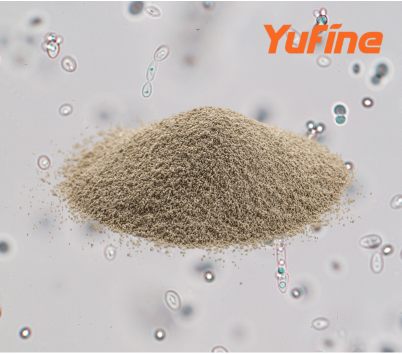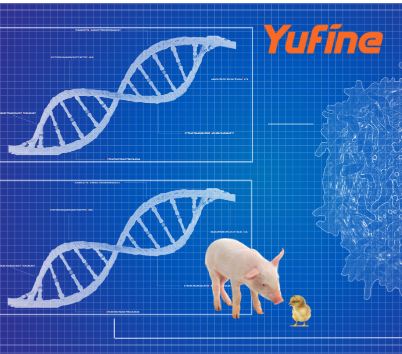 Nucleotides and Animal Health
Nucleotides and Animal Health
Nucleotides play a crucial role in the health and well-being of animals, particularly in supporting immune function, gut health, growth, and overall vitality. Here’s an in-depth look at how nucleotides contribute to animal health across various aspects:
1. Immune System Support
**Enhanced Immune Response**: Nucleotides are essential for the rapid proliferation of immune cells such as lymphocytes and macrophages, which are critical for mounting an effective immune response against pathogens.
**Antibody Production**: They support the production of antibodies by B-cells, helping animals to fight off infections more effectively.
**Modulation of Inflammation**: Nucleotides can modulate inflammatory responses, reducing excessive inflammation that could otherwise lead to tissue damage.
2. Gastrointestinal Health
**Intestinal Integrity**: Nucleotides are vital for maintaining the integrity of the intestinal mucosa, promoting villus development, and enhancing nutrient absorption.
**Microbiome Balance**: They help establish and maintain a healthy balance of gut microbiota, supporting beneficial bacteria while inhibiting harmful ones.
**Recovery from Gut Damage**: In cases of enteritis or other gastrointestinal disorders, nucleotides can accelerate the repair and regeneration of damaged intestinal tissues.
3. Growth and Development
**Cellular Proliferation**: Rapidly dividing cells, such as those found in young, growing animals, require a steady supply of nucleotides for DNA synthesis and cell division.
**Improved Feed Efficiency**: Supplementing diets with nucleotides has been shown to improve feed conversion ratios, leading to better growth rates and weight gain.
**Stress Resistance**: Animals under stress (e.g., weaning, transportation) benefit from nucleotide supplementation, which helps mitigate stress-induced immune suppression and supports faster recovery.
4. Liver Function
**Detoxification**: The liver requires nucleotides for detoxifying harmful substances and metabolizing drugs, ensuring efficient clearance from the body.
**Repair and Regeneration**: After injury or disease, nucleotides aid in the repair and regeneration of liver cells, supporting liver health and function.
5. Reproductive Performance
**Fertility**: Adequate levels of nucleotides are necessary for spermatogenesis and oocyte maturation, thereby influencing fertility in both male and female animals.
**Embryonic Development**: During pregnancy, nucleotides support fetal growth and development, ensuring optimal health outcomes for newborns.
6. Application in Animal Nutrition
**Feed Additives**: Incorporating nucleotides into animal feed is a common practice to enhance nutritional value and support overall health. This is especially important for young animals, sick animals, or those undergoing periods of high stress.
**Infant Formulas**: For neonatal animals, nucleotides are included in milk replacers and starter feeds to mimic the benefits provided by maternal colostrum and milk.
### Case Studies and Research Findings
Numerous studies have demonstrated the positive impact of nucleotide supplementation on animal health:
**Poultry**: Trials have shown improved growth performance, enhanced immune response, and reduced mortality rates in chickens supplemented with nucleotides.
**Swine**: Piglets receiving nucleotide-enriched diets exhibited faster growth, better feed efficiency, and stronger resistance to diseases.
**Aquaculture**: Fish and shrimp fed nucleotide-supplemented diets showed increased survival rates, improved immunity, and enhanced growth.
**Ruminants**: Calves and lambs benefited from nucleotide supplementation with improved weight gain and better health status during early life stages.
### Conclusion
The inclusion of nucleotides in animal diets represents a significant advancement in animal nutrition, offering multiple benefits that contribute to robust health, efficient growth, and optimal productivity. As research continues to uncover the full potential of nucleotides, their application in animal health management will likely expand, providing valuable tools for veterinarians, farmers, and animal caretakers alike.








